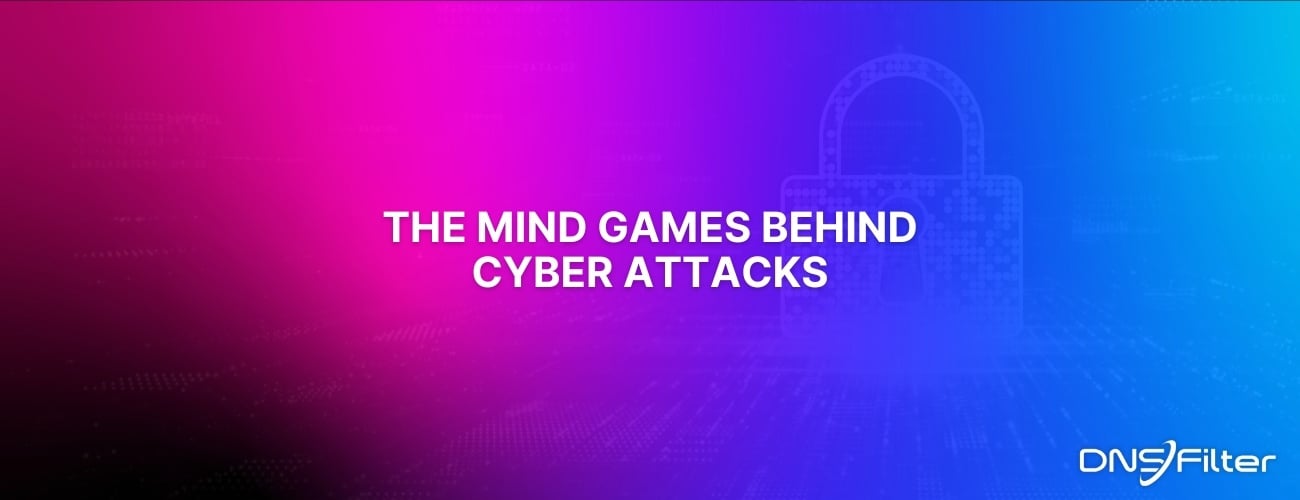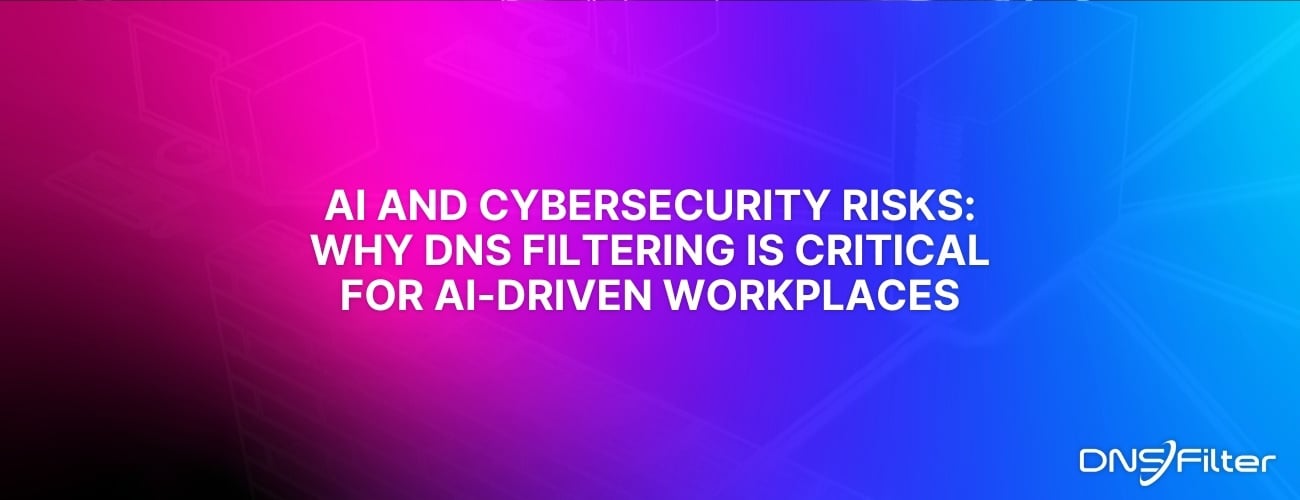Share this
Exploring the Security of Free Public Wi-Fi with eero
by Anvesha Tiwary on Jun 26, 2024 9:37:18 AM
There is no doubt that Wi-Fi has become an essential part of our daily lives, enabling us to stay connected whether we're at home, at work, or on the go. However, the convenience of wireless networks comes with significant security risks that can compromise personal and sensitive information.
DNSFilter’s VP of Customer Success, Mario Oliver, recently sat down with eero’s John Lynn to discuss the issues of public Wi-Fi and how to safeguard wireless networks in Exploring the Security of Free Public Wi-Fi with eero. Backed by his years of experience in network security, John shared insights on the vulnerabilities of public Wi-Fi, the growing concerns around IoT devices, and practical measures we can take to protect our digital lives.
The Risks Associated with Public Wi-Fi Networks
Public Wi-Fi networks are everywhere and essential, but they generally lack necessary security measures, creating major risks. Unencrypted traffic on these networks can be intercepted, leading to data theft and privacy breaches. John Lynn explained that even sophisticated users can fall victim to attacks like the "Evil Twin," where malicious networks mimic the legitimate ones, tricking devices into connecting and exposing all transmitted data.
The Importance of Protecting Personal Information
As we already know, public Wi-Fi networks are often less secure than home or work networks, thus exposing the users to various threats, including malware, credential theft, and data leaks. In the recent interview, John emphasized on the need for vigilance and the use of encrypted communication channels to safeguard personal and corporate data.
How do Threat Actors Exploit Public Wi-Fi Networks?
Threat actors utilize several methods to exploit public Wi-Fi networks. Open networks without passwords leave traffic unencrypted, making it easy for attackers to intercept data. Additionally, threat actors can set up rogue networks that mimic legitimate ones, causing devices to connect automatically and exposing user data. Vulnerabilities in Wi-Fi routers and misconfigurations further amplify these risks.
Mitigating Public Wi-Fi Security Risks
To reduce the risks associated with public Wi-Fi, using VPNs and ensuring devices are updated with the latest security patches is recommended. VPNs encrypt all traffic, providing an additional layer of security and privacy. Using secure websites (HTTPS) also helps protect against digital eavesdropping and data theft.
Enhancing Home Network Security
The massive adoption of IoT devices in homes has increased the potential attack surface for cyber threats. Several IoT devices today lack robust security measures, making them vulnerable to attacks. In his conversation with Mario, John Lynn talks about selecting products from trusted vendors that prioritize security and offer automatic updates. He also recommends implementing firewalls and network security profiles to help protect IoT devices and prevent unauthorized access.
Trends in Wi-Fi Network Security
The growing number of connected devices has led to increased focus on network security. John highlighted trends such as the use of AI to monitor and defend against threats in real-time. He also touches on the fact that governments and individual organizations are creating and implementing regulations to improve the security of IoT devices, such as the UK's legislation banning default passwords in consumer devices thus encouraging manufacturers to prioritize security.
As the digital landscape continues to advance, the security of our wireless networks becomes increasingly critical. To hear more from John Lynn on the security of your Wi-Fi network and how to protect your personal and sensitive information from cyber threats, watch this interview on demand here.
Share this
 Artificial Intelligence in Cybersecurity
Artificial Intelligence in Cybersecurity
The term “artificial intelligence (AI)” was first coined in 1956. While progress stalled for many years, we can thank IBM for sparking real interest in AI as viable technology: First in 1997 when the computer Deep Blue defeated a chess champion and again in 2011 when Watson won Jeopardy!
 The Mind Games Behind Cyber Attacks
The Mind Games Behind Cyber Attacks
Hackers have long understood that the most sophisticated firewall is no match for a well-placed psychological trick. While many focus on the technical prowess of cybercriminals, the real magic often lies in their ability to manipulate human behavior. By exploiting our natural tendencies and cognitive biases, hackers can slip past even the most robust security systems. It's not just about cracking codes; it's about cracking the human psyche.
 AI and Cybersecurity Risks: Why DNS Filtering is Critical for AI-Driven Workplaces
AI and Cybersecurity Risks: Why DNS Filtering is Critical for AI-Driven Workplaces
Artificial intelligence is transforming business operations, automating everything from customer service to data analysis. But with these advancements come new security challenges. AI-driven cyber threats are becoming more sophisticated, enabling attackers to automate phishing campaigns, generate malware, and exfiltrate sensitive data at scale. Without proper safeguards, AI tools can unintentionally leak corporate secrets or connect to malicious ...


